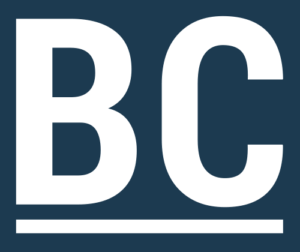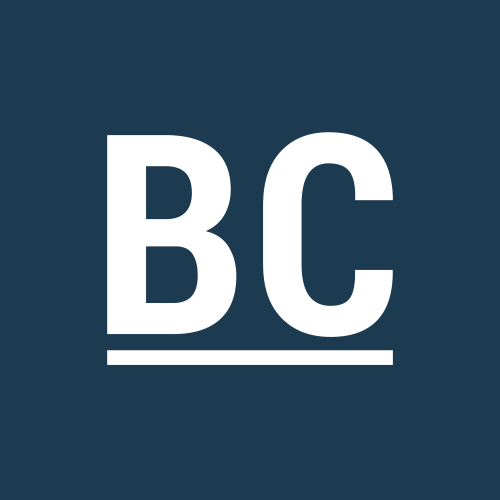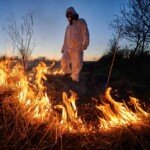Electricity
Power cord plugs and wall plugs for personal appliances (computers, hair dryers, etc.) are generally the same as in the United States. Canada operates on 110V, 60 cycle electric power.
Emergency Services
- Emergency: Most Canadian cities have a “911” emergency service. If this does not work, simply dial “0” and ask the operator to connect you to the police or medical services. Travellers are reminded that emergency telephone numbers are listed inside the front cover of all B.C telephone directories.
- Forest Fire: If you spot a forest fire while travelling in B.C call 911 or the British Columbia Forest Service toll-free at 1-800-663-5555.
Health & Hospitals
Canadian hospital and medical services are excellent. However, because health insurance plans often do not cover all or any services received outside the country of residence, you should buy traveller’s health insurance before leaving your country. If you are taking medicine prescribed by your physician, you should bring a copy of the prescription with you, in case it needs to be renewed by a doctor in Canada. All medicine should be carried in the container in which it was dispensed. The vast majority of hospitals in Canada are publicly managed, with rates set by provincial and hospital authorities.
Public Holidays in British Columbia
| Holiday |
2018
|
2019
|
2020
|
| New Year’s Day | January 1 | January 1 | January 1 |
| Family Day | February 12 | February 18 | February 17 |
| Good Friday | March 30 | April 19 | April 10 |
| Victoria Day | May 21 | May 20 | May 18 |
| Canada Day | July 2 | July 1 | July 1 |
| B.C. Day | August 6 | August 5 | August 3 |
| Labour Day | September 3 | September 2 | September 7 |
| Thanksgiving Day | October 8 | October 14 | October 12 |
| Remembrance Day | November 11 | November 11 | November 11 |
| Christmas Day | December 25 | December 25 | December 25 |
* The Holidays Act provides that July 2 is Canada Day when July 1 is a Sunday.
* Source: Government of British Columbia
Smoking
Many cities and municipalities in British Columbia have passed smoking by-laws that prohibit smoking in restaurants and reduce the smoking areas allowed in pubs and bars. Smoking in Victoria is prohibited in restaurants and pubs and inside any public buildings or offices.
Hotels and motels throughout British Columbia offer non-smoking rooms or floors. It is advisable to specify your preference for a smoking or non-smoking room when making your reservation.
Telephones & Area Codes
Public telephones are located in all major centres. A local call costs either 25 cents or 50 cents, depending on the carrier providing the public phone. The operator will confirm international call rates. Some public telephones accept credit cards. Phone cards that allow you to purchase a certain amount of time in advance are available at most small grocery or newspaper stores
There are three telephone area codes for the province of British Columbia. Dialing in BC requires 10-digit phone numbers, so make sure that you include the correct area code before the local number you are dialing. Greater Vancouver (including two outer communities – Abbotsford and Mission) use 604 and 778. The urbanized area north of Greater Vancouver to Whistler uses only the 604 area code. The rest of BC, including Victoria, uses the 250 area code.
Directories
You can find the phone numbers of most residents and businesses in Greater Vancouver and BC by using:
www.superpages.ca
www.canada411.com
Time Zones
Canada spans 6 time zones and is between 3 hours 30 minutes (Newfoundland and Labrador Standard Time) and 8 hours (Pacific Standard Time) behind UTC (Coordinated Universal Time), also known as GMT (Greenwich Mean Time). British Columbia is in the Pacific Standard Time zone (3 hours behind Toronto in the Eastern Stadard Time zone – EST) with the exception of the extreme northeast and southeast regions of BC which fall with Alberta into the Mountain Standard Time zone (EST – 2 hours). These Standard Time zones are observed during winter months.
In most of Canada, Daylight Saving Time begins at 2:00 am local time on the second Sunday in March. On the first Sunday in November, areas on Daylight Saving Time return to Standard Time at 2:00 am. During Daylight Saving Time, clocks are turned ahead by one hour. At the end of Daylight Saving Time, clocks are turned back one hour.
Areas of British Columbia not using Daylight Saving Time include Fort St. John, Charlie Lake, Taylor and Dawson Creek in northeast BC, and Creston in the East Kootenays.
Tipping
Tipping is an accepted practice in BC, and many service industry personnel depend on tips for a large part of their incomes. Tipping in restaurants depends upon the quality, ambience and sophistication of the establishment. The key factor is the quality of the service. Tips or service charges are not usually added to restaurant bills in Canada. Some restaurants will place a mandatory service charge on a bill for a large party.
The standard gratuity for waiters and waitresses is 15% to 20% of the bill. Hotel bell people, porters and similar staff at airports and railway stations expect no less than $1 or $1 Cdn per bag. Airport taxi drivers expect 15%. The house cleaning staff is typically left $1 – $2 Cdn per day. Since the hotel concierge is there to help guests, he or she should not be tipped unless an exceptional or very difficult task is performed.



